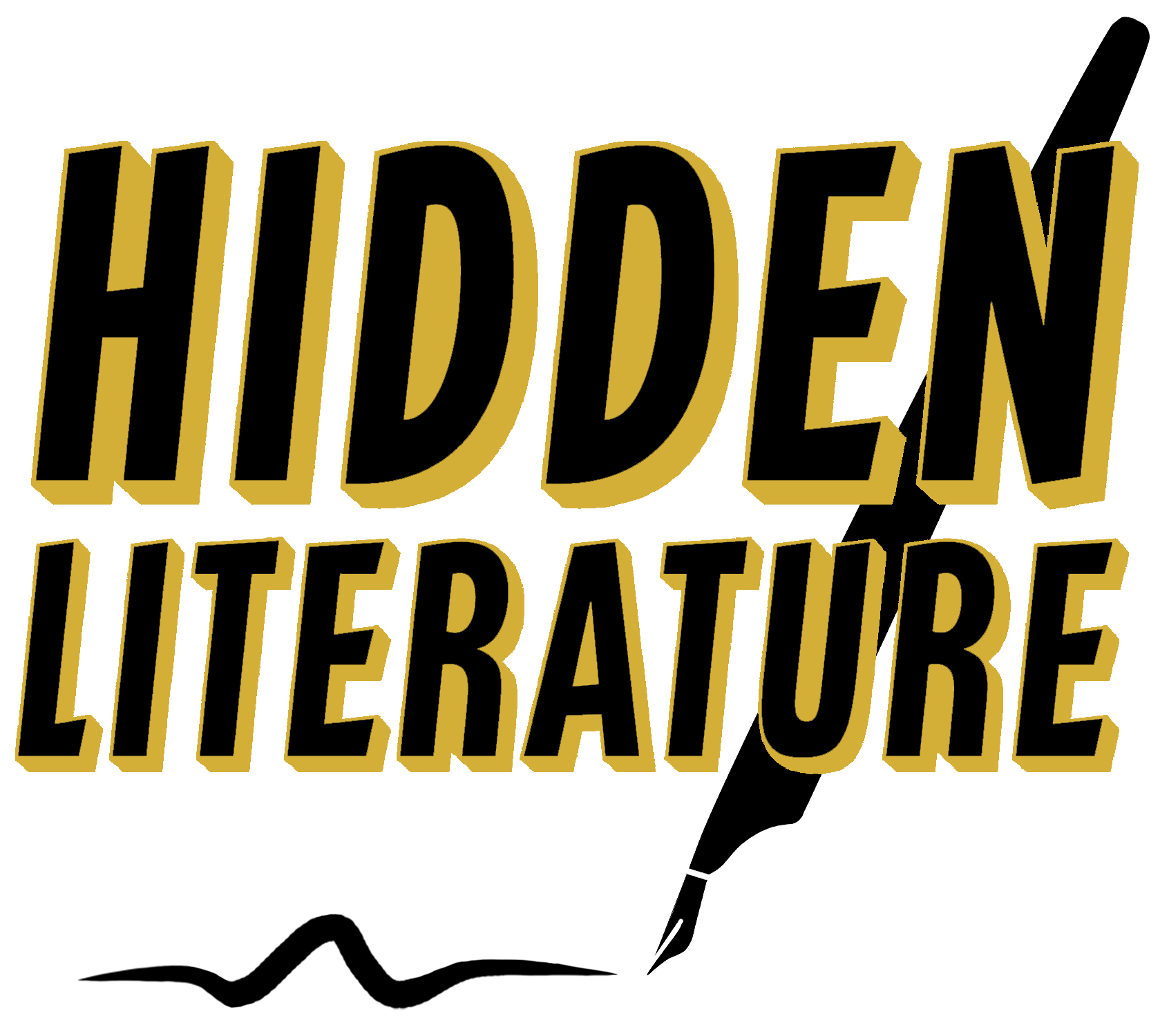An abstract poem is a type of poetry that is not bound by the constraints of conventional language or grammar, and instead uses abstract imagery, metaphors, and symbolism to convey a message or emotion. Abstract poetry often focuses on exploring emotions and ideas rather than telling a coherent story or conveying a specific message.
In abstract poetry, the meaning of the poem may not be immediately apparent or easily understood. It often requires the reader to interpret the imagery and symbolism used in the poem, and to bring their own experiences and emotions to the reading.
Abstract poetry is characterized by its use of figurative language, such as metaphors, similes, and symbolism, to create an impressionistic and often dream-like effect. It may also incorporate unconventional language and syntax, including fragmented sentences and unusual word choices, to create a sense of disorientation or confusion.
Overall, abstract poetry challenges the reader to engage with the poem on a deeper level, to explore the emotions and ideas that are expressed through its imagery and symbolism, and to bring their own interpretations and experiences to the reading.
History of Abstract Poetry
One of the earliest examples of abstract poetry is the work of the French poet Stéphane Mallarmé, who is credited with helping to lay the groundwork for the modernist movement in poetry. Mallarmé’s poems often explored abstract concepts and emotions, and his use of language was highly experimental, with fragmented sentences and unusual syntax.
Another influential figure in the development of abstract poetry was the Italian poet Giuseppe Ungaretti. His poetry was characterized by its use of sparse language and short, fragmentary lines, which were intended to convey a sense of the fleeting and ephemeral nature of human experience.
In the early 20th century, abstract poetry became closely associated with the modernist movement, which sought to break free from the conventions of traditional art and literature and explore new forms of expression. Poets like T.S. Eliot, Ezra Pound, and Wallace Stevens were among the leading figures of the modernist movement, and their work helped to establish abstract poetry as a legitimate and influential form of artistic expression.
One of the defining characteristics of abstract poetry is its focus on exploring emotions and ideas rather than telling a coherent story or conveying a specific message. Abstract poetry often employs a fragmented, nonlinear structure, and its meaning may be elusive or difficult to decipher. It often requires the reader to engage with the poem on a deeper level, to explore the emotions and ideas that are expressed through its imagery and symbolism, and to bring their own interpretations and experiences to the reading.
In the decades since its emergence, abstract poetry has continued to evolve and develop, with new poets pushing the boundaries of the form and exploring new ways to express abstract ideas and emotions through language. Today, abstract poetry remains an important and influential form of poetic expression, challenging readers to engage with language and meaning in new and unexpected ways.
Examples of Abstract Poetry
Here are eight original Abstract poems:
Example 1
Fragmented Memories
Shards of memories
Scattered, fragmented, and lost
Echoes of the past
Example 2
In the Mind’s Eye
A kaleidoscope
Of colors, shapes, and textures
A world within me
Example 3
Reflections
A mirror reflects
The image of a stranger
Is it really me?
Example 4
The Passage of Time
A river flows on
Eroding the stones of time
Nothing remains still
Example 5
The stars are weeping
A cosmic symphony of tears
Echoes of the past
Lost in the void
My soul seeks a guiding light
A beacon of hope
But all I find is darkness
An endless expanse of night
Example 6
Infinite ocean
Whispers secrets in the tide
A siren’s song
A lullaby that soothes
A melody that calms the mind
A journey inward
To the depths of my soul
And the mysteries that lie within
Example 7
Whispers on the wind
Secrets that the breeze will tell
A tale of longing
A yearning for something lost
A dream that fades with the dawn
But still I chase the wind
Hoping to catch a fleeting glimpse
Example 8
The world spins around
A dizzying kaleidoscope
Of colors and sounds
A whirlwind of emotion
A symphony of sensations
And in the midst of it all
I find a moment of stillness
A moment of peace and clarity
Amidst the chaos and confusion.
If you are interested in attending our poetry workshops or events see our Events Diary here or contact us via email at hello@hiddenliterature.com.
Stay connected with us on social media.
